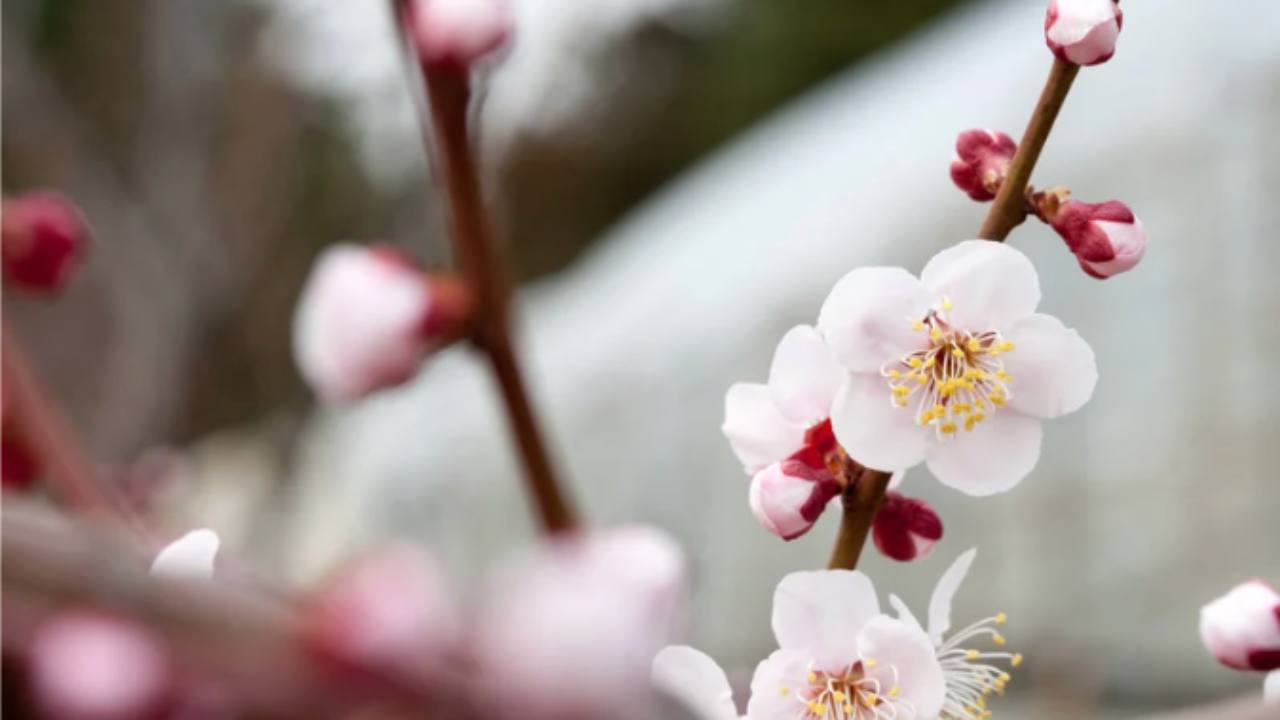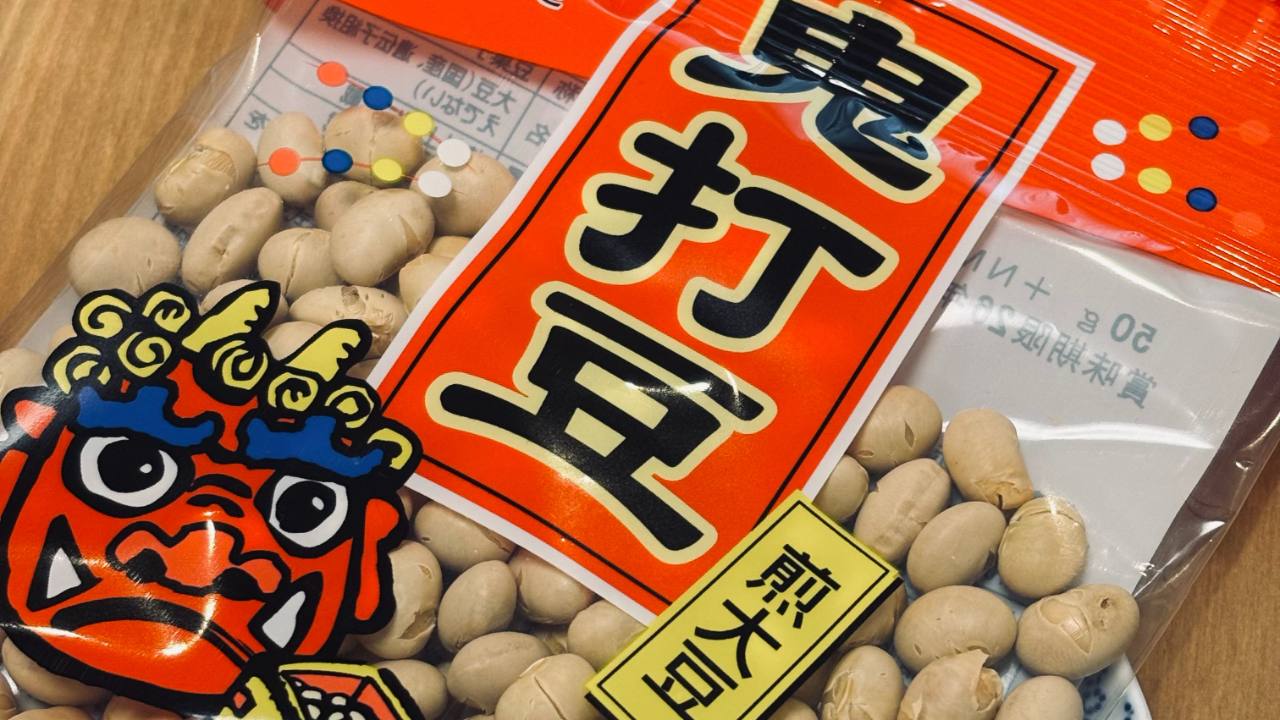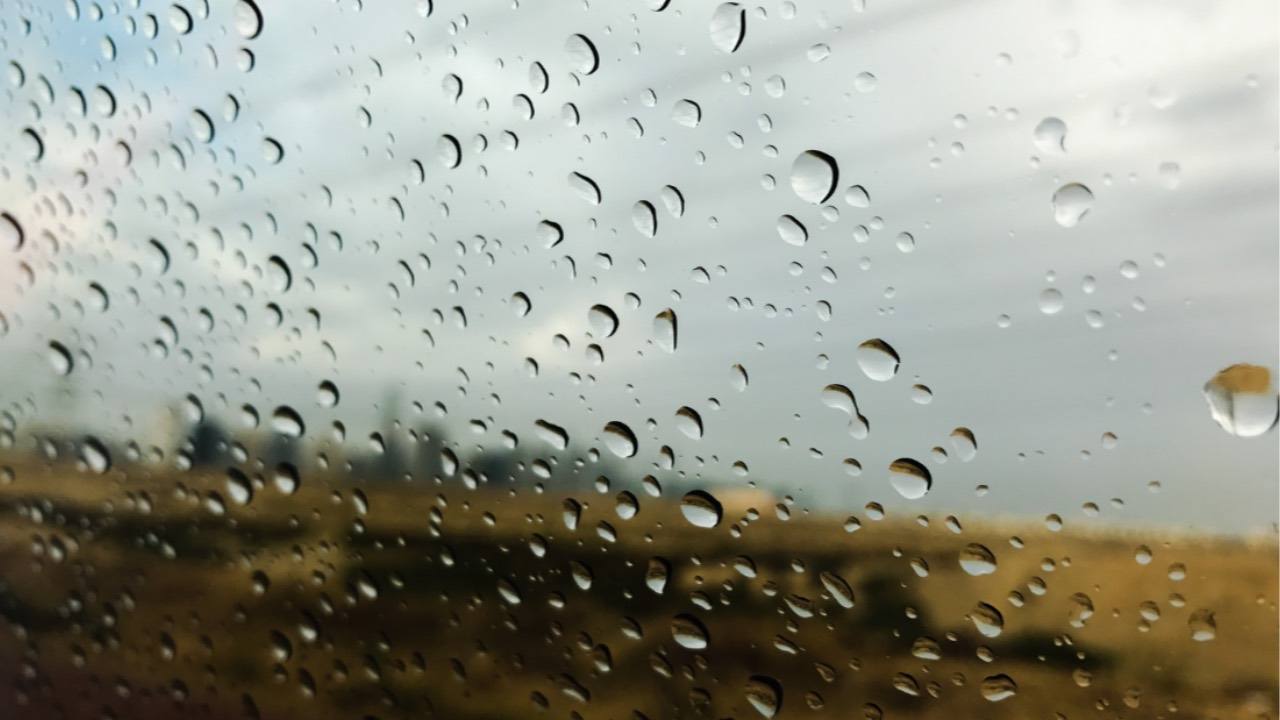蝉しぐれ ― 真夏の音の風景/Semi-shigure: The Sound of Summer Rain... Made of Cicadas
こんにちは、いろはです。
梅雨が明け、蝉の声が一斉に聞こえてくるようになりました。
Hello, it’s Iroha.
The rainy season has come to an end, and now the air is filled with the sound of cicadas.
朝も昼も、時には夜までも、ミンミン、ジージーと鳴き続ける蝉たち。
Morning, noon, and sometimes even night—those buzzing voices continue endlessly.
まるで降りしきる雨のように感じられることから、これを「蝉しぐれ(せみしぐれ)」と呼びます。
In Japanese, we call this semi-shigure (蝉しぐれ), which means “a shower of cicada voices.”
「しぐれ(時雨)」とは、もともと晩秋から初冬にかけて、断続的に降るにわか雨のこと。
The word shigure (時雨) originally refers to a light, intermittent rain that falls in late autumn or early winter.
一時的に降っては止み、また降る…そんな雨の風情ある名前です。
It comes and goes gently, with a poetic sense of transience.
その「しぐれ」という言葉が、音の情景にも使われているのが面白いところです。
In semi-shigure, this word for rain is used to describe not water—but sound.
つまり「蝉しぐれ」とは、まるで時雨のように絶え間なく降り注ぐ蝉の声のこと。
It’s as if the voices of cicadas are falling like rain from the trees, surrounding you from all directions.
暑さに少し疲れていても、この音に包まれると
「夏が来たなあ」としみじみ思えたり、
ふと懐かしい気持ちになったりします。
Even if the heat feels exhausting, being wrapped in this chorus of sound
can somehow make you feel: “Ah, summer is really here.”
Or it may stir up a gentle nostalgia, like a memory you didn’t know you’d forgotten.
音や気配に名前をつけてしまう――
それもまた、日本語の面白くて美しいところですね。
To name a soundscape, to give words to a feeling—this is one of the subtle beauties of the Japanese language.
どうぞ、夏の音を楽しみながら、お身体に気をつけてお過ごしください。
いろは
Wishing you a peaceful and well-balanced summer,
Iroha





